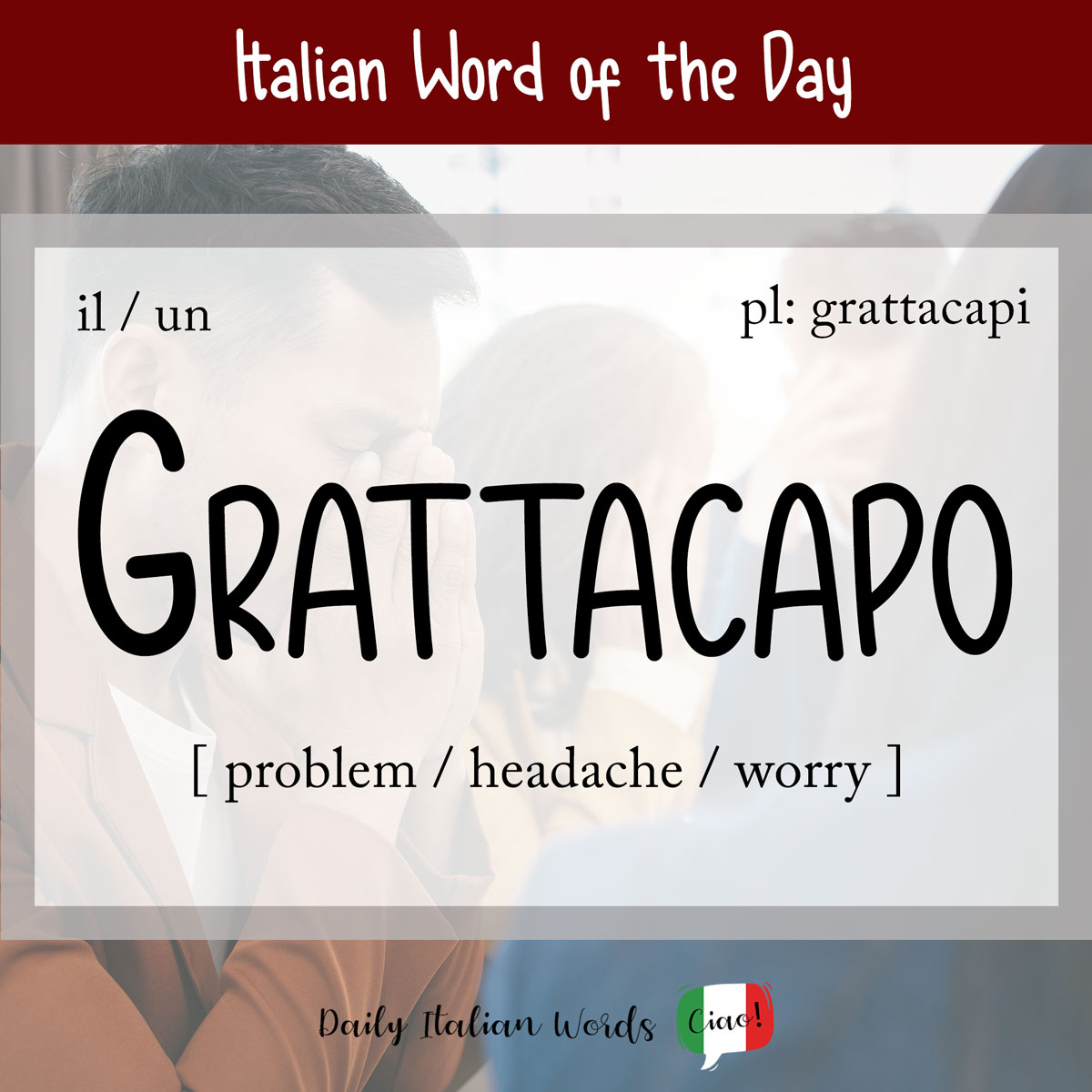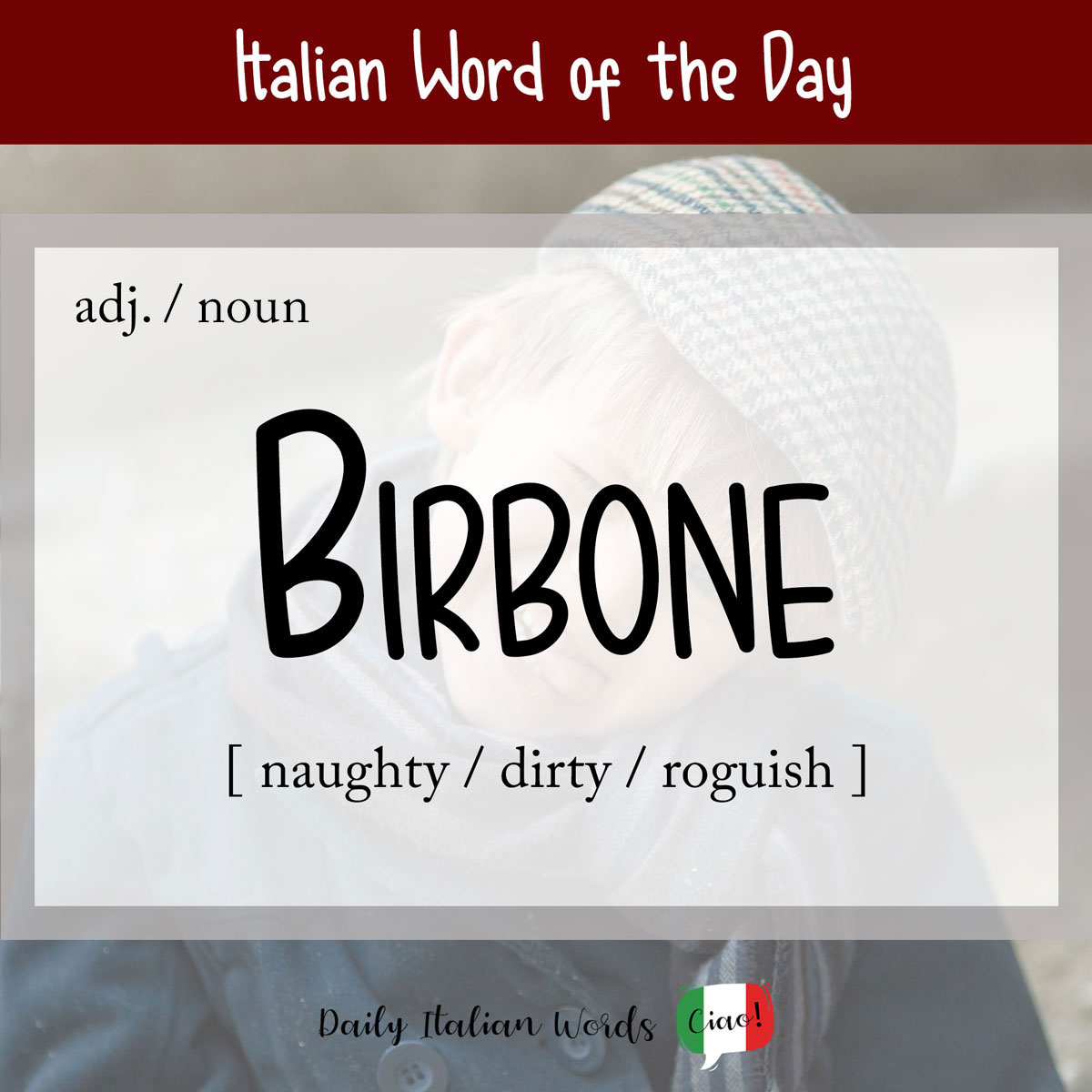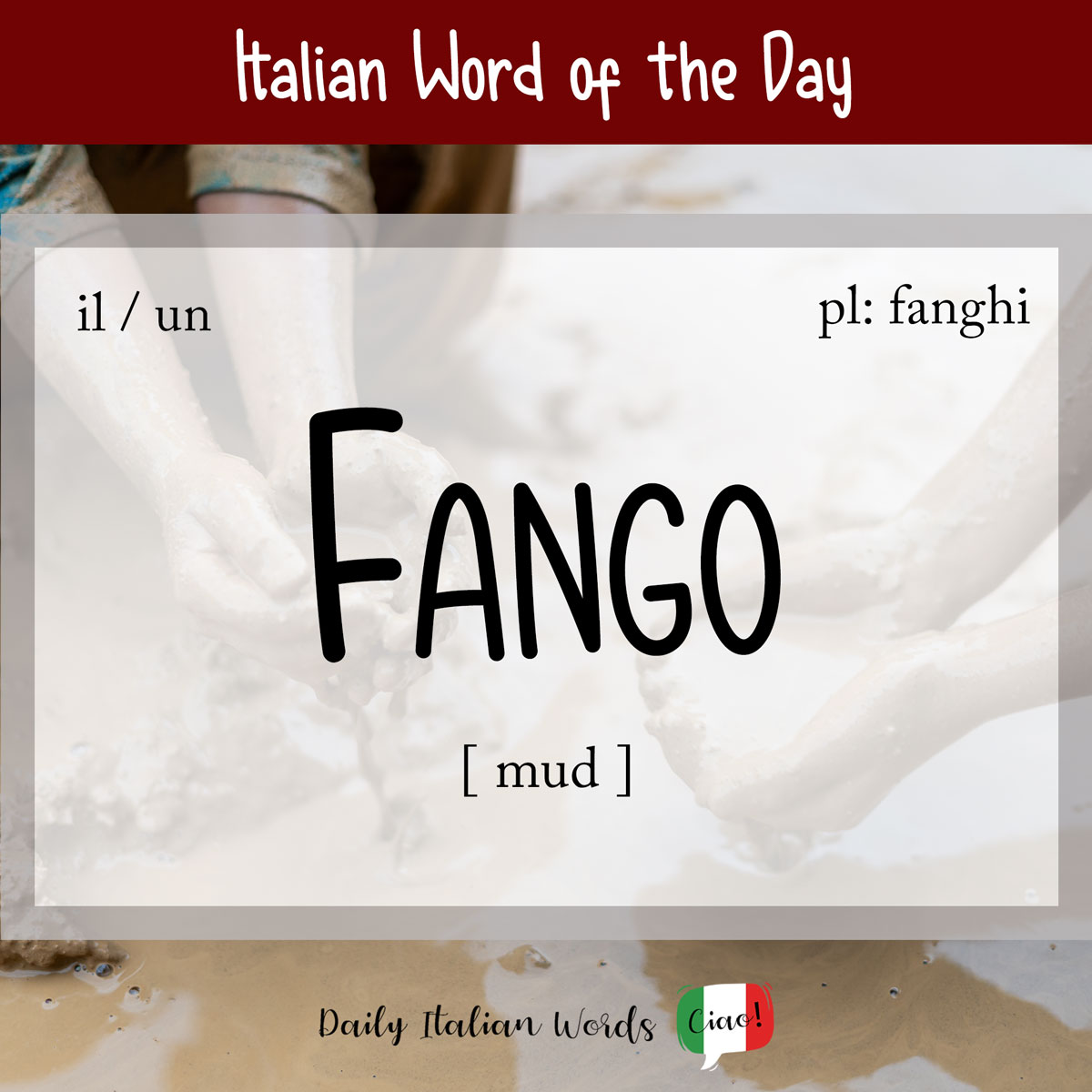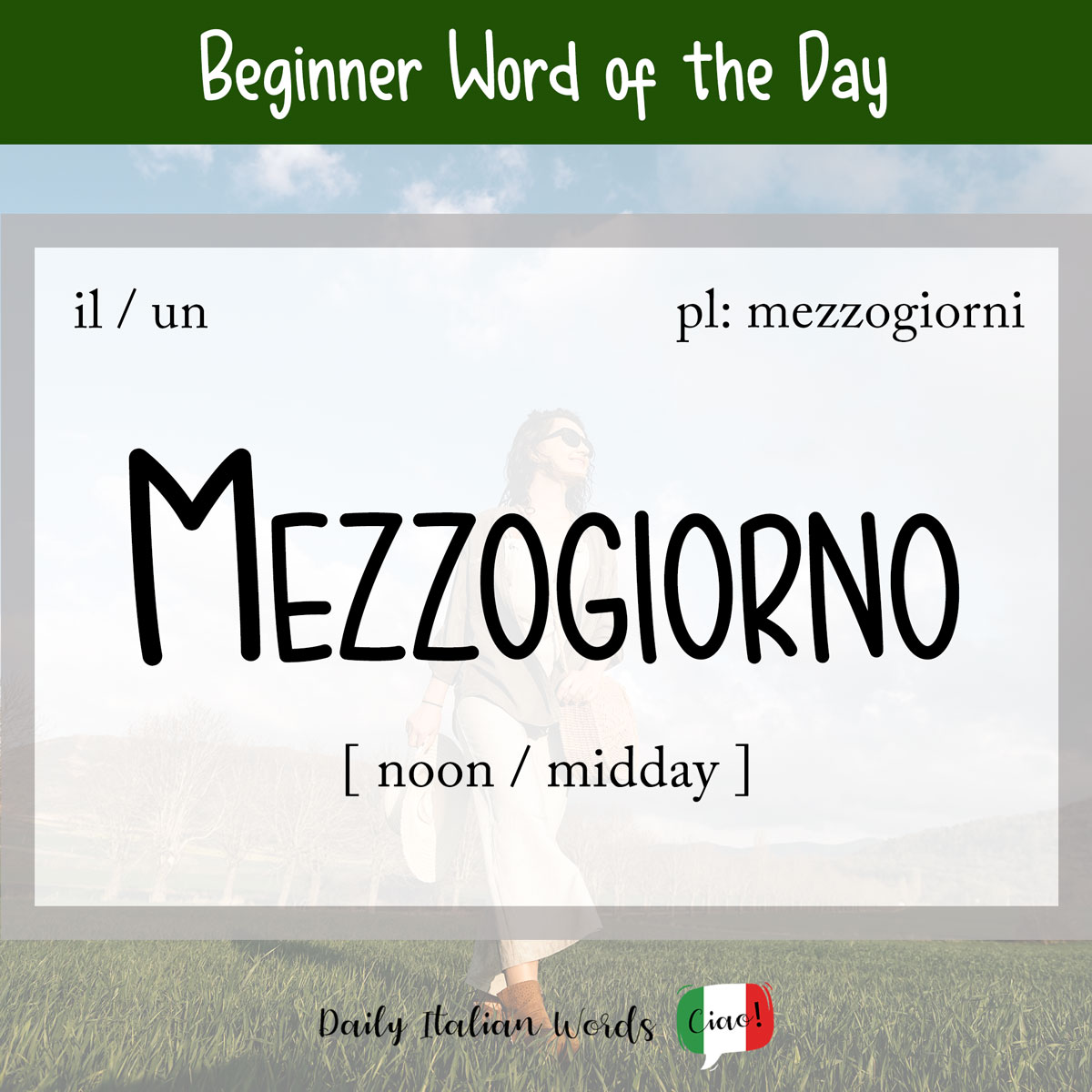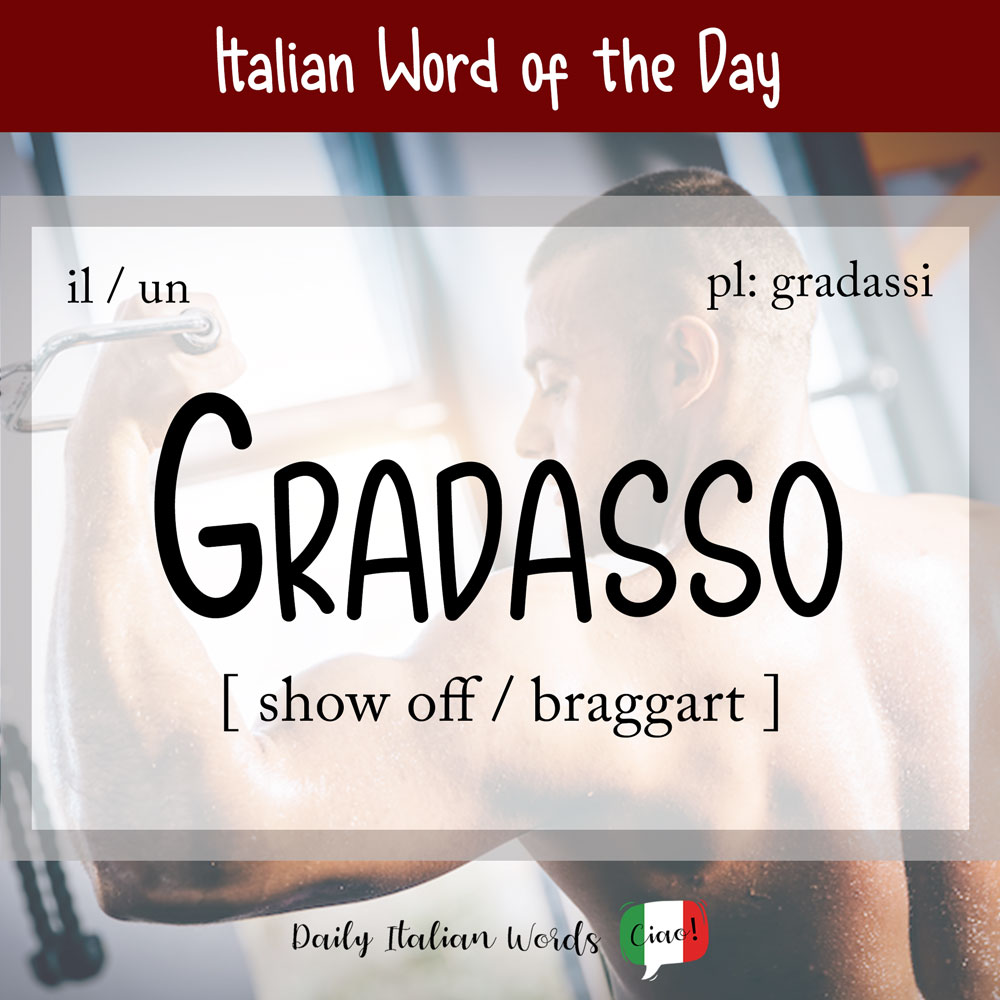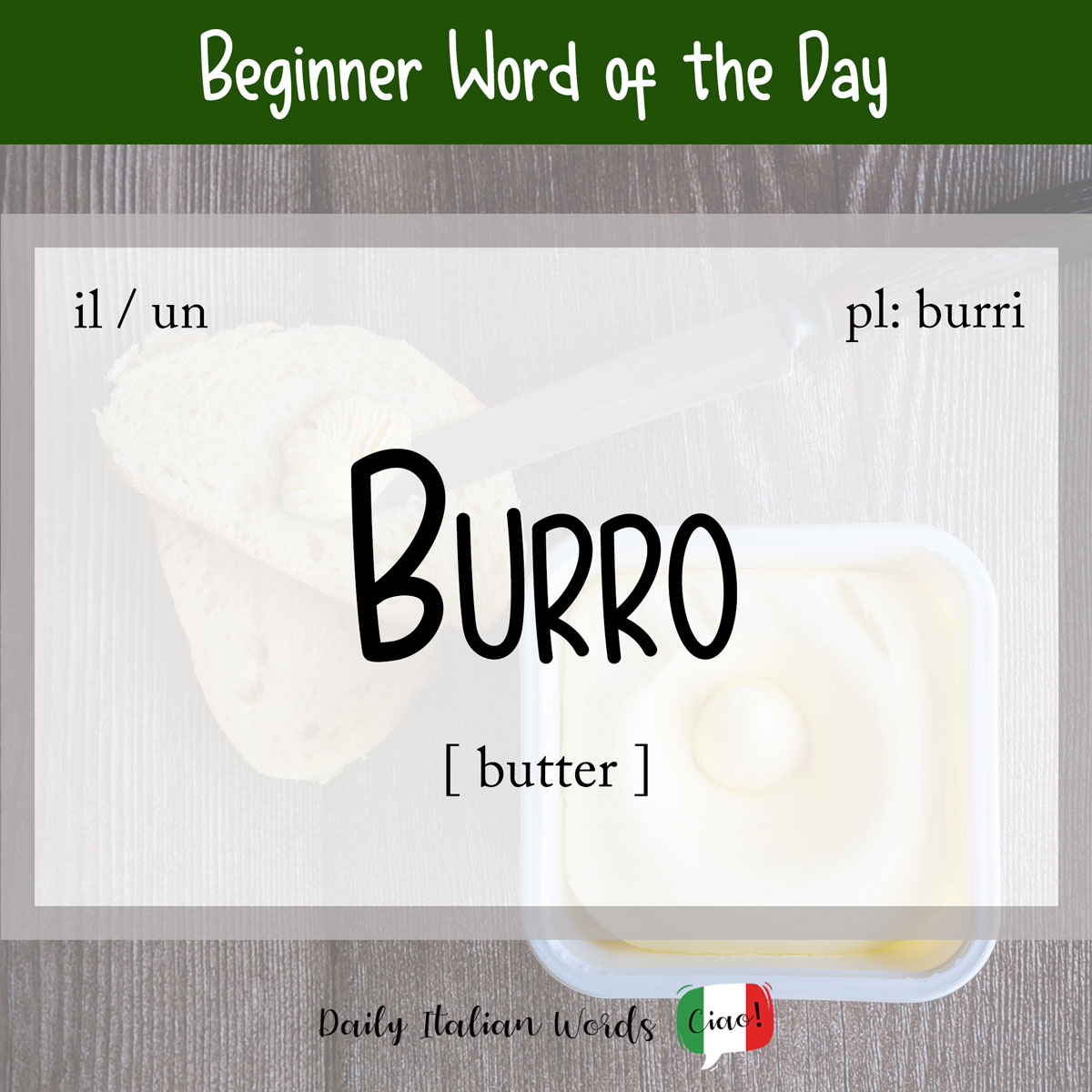Italian Word of the Day: Grattacapo (problem / headache / worry)
While it’s perfectly acceptable to use the word problema in Italian to talk about your issues, incorporating the term grattacapo will add a touch of fluency to your speech! grattacapo problem / headache / worry Grattacapo is composed of two words: the verb grattare (to scratch) and the noun capo (head). In other words, it …

